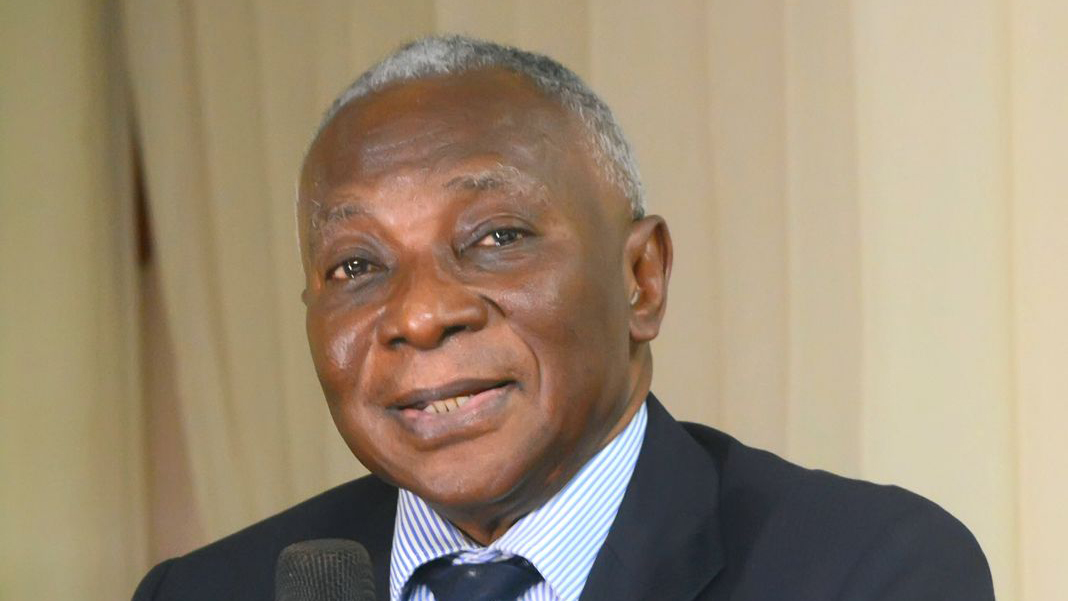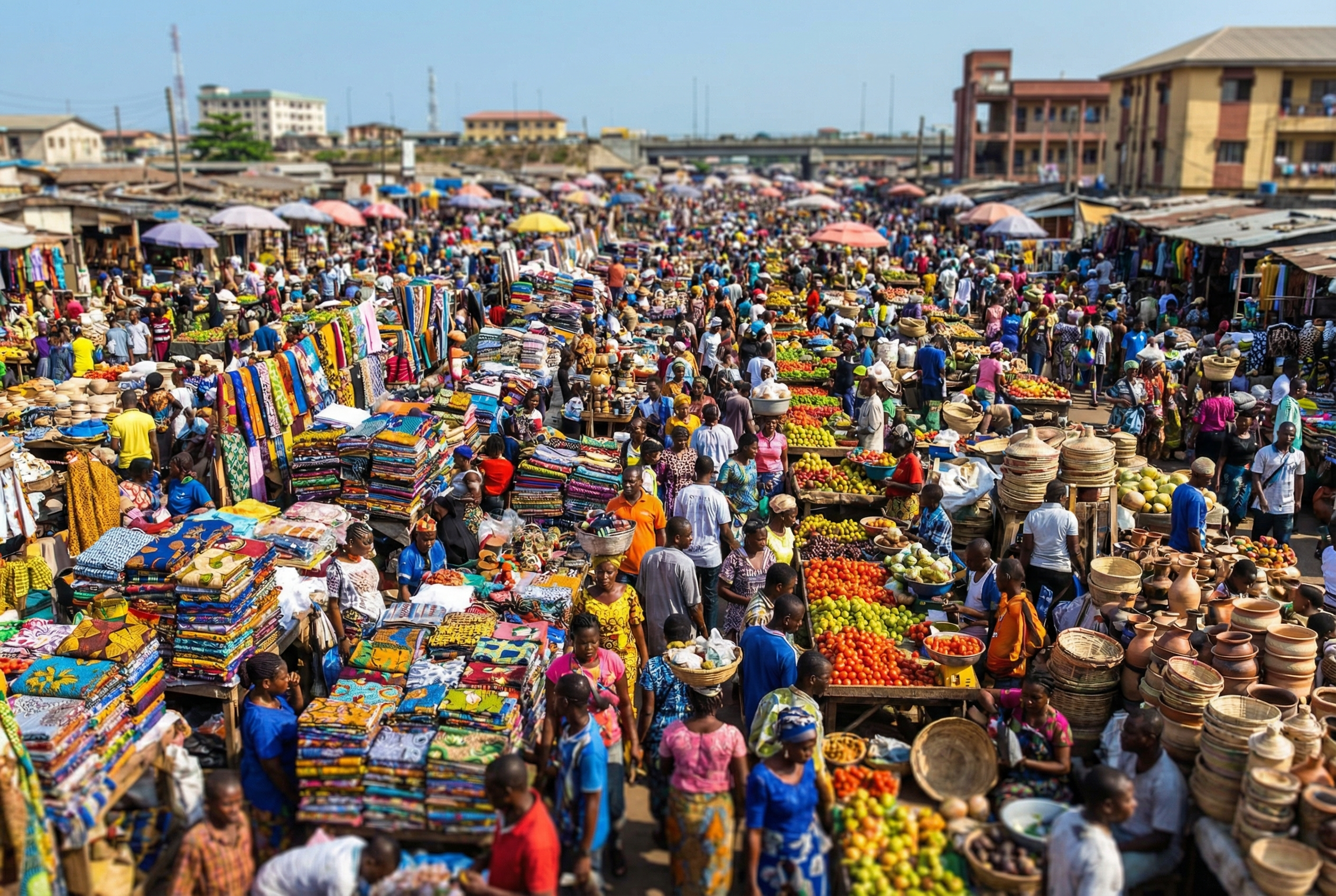
As the 2020 WAEC exams began, candidates could only envisage what will be different this time around. But as most of them stepped into the exam hall that morning to take the first subject, coincidentally the most dreaded general subject – Mathematics – the hearts of many sank.
Unlike the previous years, coronavirus had come to disrupt the particular structure for this exam year just like it has done every other thing. Students had very little time to prepare, as there had initially been rumours that the exam would be postponed till 2021, until the exact date was announced just two weeks before. Seating arrangements had also changed due to social distancing requirements. This time, it was looking like every man for his own.
It is common knowledge that some students engage in examination malpractice; what is bewildering is that the students do not act in isolation. Like a drug cartel, there are other members in this ring, forming parts to make a whole. Parents pay extra for ‘special centre’ – a situation where officials share answers with students before or during the exams. Principals bribe exam invigilators to look the other side when students whip out their phones or answer sheets to copy answers onto their worksheet. These invigilators, who are supposed to be watchdogs, will be bribed with a meagre fee or a plate of food to ‘look away’ when it starts. Teachers answer leaked questions and pass the answers to students.
In an investigation carried out by Damilola Banjo for The Cable in 2019, he went undercover to a private school in Lagos and uncovered how the malpractice ring works. Before then, in 2018, he had conducted an investigation that revealed similar exam malpractices also occurred in primary schools during the Common Entrance examinations. In a secondary school in Lagos, one could buy a good WAEC result by paying N49,050 more than the official registration fee.
This rot is a reflection of how corruption has eaten deep into our society and the role we all play when it shows up at our doorsteps. We cannot build a new generation on the tenets of corruption and expect them to do things differently when we clamour for their inclusion in governance. They are raised to see corruption as the norm, and a ladder to achieve the most basic things.
During my service year, I once visited a school that willingly photocopied written letters and distributed them to each student to copy on the day of their English paper. I was left wondering how students who were seeking admission into higher institutions could not write a letter.
One of the reasons for this scourge is reading culture. There’s a dwindling level of reading culture in this generation, and it is detrimental. Students are not interested in reading unless enforced. When this happens, students see reading as a chore, and it’ll only take a while before they get discouraged. Right from the early classes, children should be made to focus more on reading and also enjoying the act.
Another reason is obsolete teaching practices. Teachers teach students to pass and not to know. Majority of teachers hired have not undergone any form of teaching training. We tend to mix up having a degree as an automatic pass for the ability to teach. It is also why the government uses its Youth Service Corps program to turn graduates into teachers without any form of prior teaching training. We believe every Tom, Dick, and Harry can be a teacher. Is it so for other professions? For those trained to be teachers, they must undergo constant periodic training to keep up with the times and get better at it. Private and public schools do not organize continuous training to improve their teachers.
Poor remuneration is another factor. Teachers do not receive adequate compensation, and their work is not appreciated enough. There’s the famous saying of “A teacher’s reward is in heaven.” Why should that be? Does any other profession stack their retirement plans for heaven’s gate?
When teachers purchase anything at the market, can they pay forward with their heavenly rewards? An unhappy teacher will breed an unhappy student. We need to pay teachers their due and conduct periodic training that will make them better at the job.
The primary factor is the state of education in this country. When the foundation of a building is faulty, the house will struggle to stand. The rot in this system also heavily contributes to the level of examination malpractice seen today.
In turning around the educational dysfunction in this country, the system needs a total overhaul. The government – the major actor in this sector – needs to treat education like a sector crucial to its development, not an afterthought.
According to BudgiT, at the outbreak of the pandemic, the government slashed 54 per cent of the Universal Basic Education allocation for the year 2020 while allocations to the House of Assembly, NJC, and Presidency remain untouched no matter the extent of the economic crisis. NASS will receive 115 billion while UBEC will receive 51 billion. Despite the increase in the annual budget over the years, allocation to education has been depreciating. Have we ever asked why?
UNICEF’s data reveals that Nigeria has over 10.5 million children out of school, which means for every five children out of school in the world, one is a Nigerian, which is enough proof that the state of education is a dire emergency that requires urgent action.
Instead, we keep treating it like another line item to cross off a to-do list. Where on earth will a nation serious about its youth, and development, allocate more to its legislative house than to basic education?
In 2006, UNESCO recommended to countries, a 15-20 per cent budget benchmark for education. However, over the years, Nigeria has hovered between five to 10 per cent education budget allocation, and in 2020, the sector received only 6.48 per cent of the total budget.
Now that a pandemic has ravaged the world and we are shifting online, we have more work on our plate. Nigeria cannot afford to move online yet because, according to the National Bureau of Statistics, over 82million of its citizens live on less than a dollar per day, stable electricity is a myth, and data is a luxury for the common man. Although many factors need to start working before we can transition successfully online and it might take a while, we need to start taking active steps before our system of learning becomes obsolete, and the world leaves us behind.
All stakeholders in this sector have their work cut out for them, but the government is the major actor and must lead the change. They must understand that education is in a state of emergency; urgent actions need to be taken and draw up a sustainable and feasible plan towards this.
If not, the efforts of other actors – state government, non-profits, change-makers, goodwill from teachers and parents, ministries – will be like smudging an oily hand on a white cloth in an attempt to clean the hand.
• Ayo Ladipo is a development advocate and Programmes Director at The IQRA Foundation






